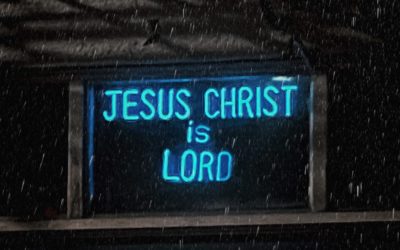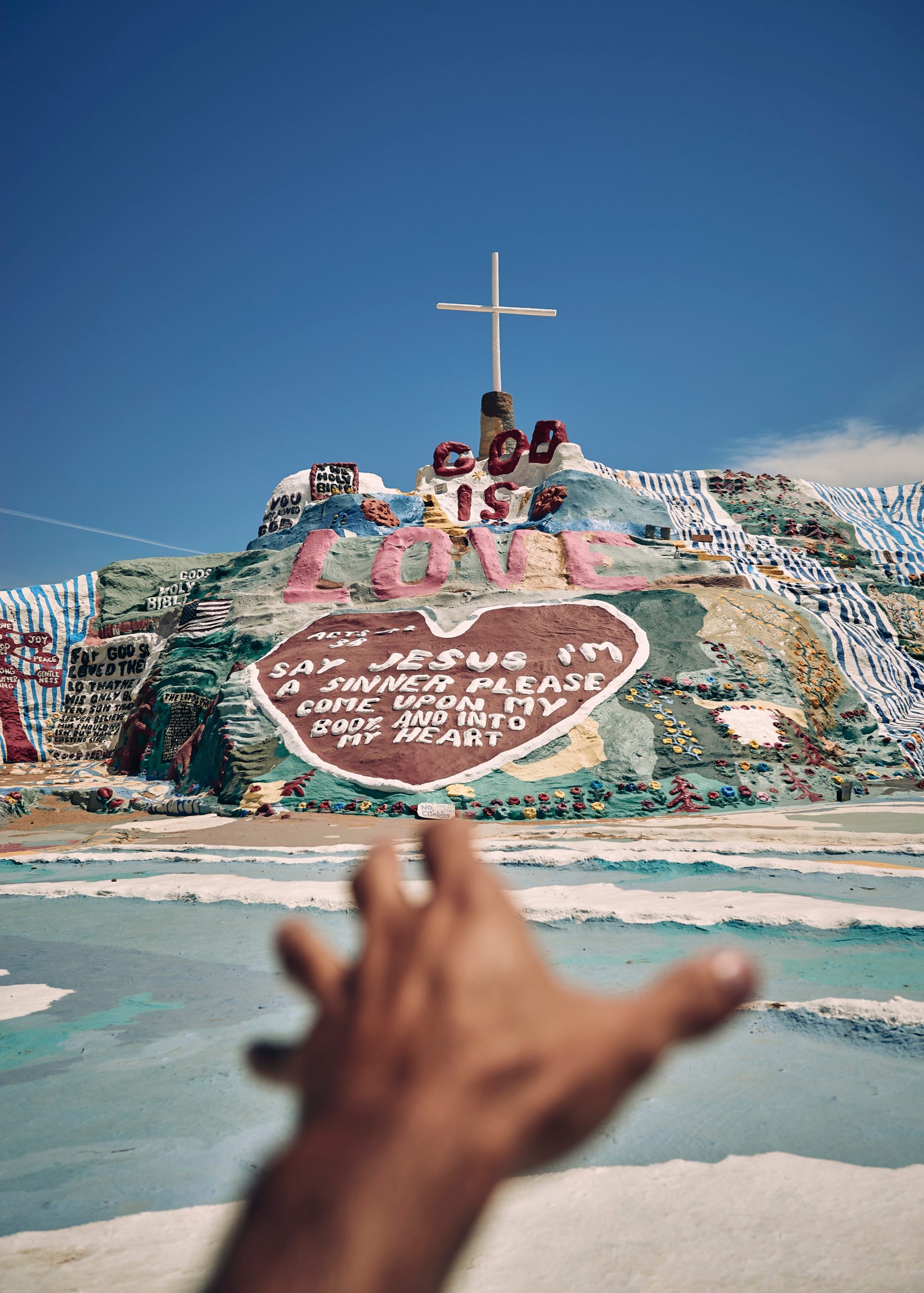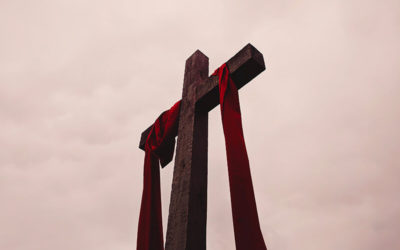- Jesus was punished so that we would be forgiven. (Isaiah 53.5-6)
Jesus was punished for our transgressions and our iniquities. Because he was punished, we can be forgiven and make peace with God. (Isaiah 53.5) The guilt (Hebrew `Avon Strong 5771 → guilt, rebellion as well as all the negative consequences of guilt) of mankind is that we have all sought our own way. (Isaiah 53.6) Rebellion is the universal sin of the human race. God put the guilt and all of its negative consequences on Jesus so that we can be free from all these negative consequences and receive the benefits of Jesus’ righteousness.
- Jesus was wounded so that we would be healed. (Isaiah 53.4, Matthew 8.16-17, 1 Peter 2.24)
1 Peter 2.24 (heal → Strong Greek 2390) and Isaiah 53.5 (heal → Strong Hebrew 7495) use the verb to heal in the sense of physical healings. At the cross Jesus took our infirmities, and bare our sicknesses and with his stripes we are healed. (Isaiah 53.5) He has taken our place.
- Jesus was made sin with our sin so that we would be made righteous in His righteousness. 1 Peter 2.24, Isaiah 53.10-11
The wages of sin is death (Romans 6:23) and without shedding of blood is no remission (Hebrews 9:22). According to the law of the sin offering (Leviticus chapter 4) (read the article The law of the sin offering), it was the animal that paid for the sins of man, because the animal identified with man’s sin. The soul of Jesus became a sin offering (1 John 2.2). Jesus, the Lamb of God, became sin. (2 Corinthians 5.21) What a relief for those who trust in Him! We no longer have to struggle to be righteous; we must receive the righteousness of Jesus by faith.
- Jesus knew death for us so that we could share His life. (Hebrews 2.9)
The wages of sin is death (Romans 6:23) It is a spiritual law. It is we who should have died because of our sins. At the cross, Jesus suffered death, the wages of our sins, giving us access to His life.
- Jesus was made curse so that we would have the blessing. (Galatians 3. 13-14)
Jesus on the cross was made a curse because he who is hanged on the tree becomes a curse. (Deuteronomy 21.22-23)
- Jesus on the cross endured poverty so that we could share his wealth, his abundance. (2 Corinthians 8.9)
The book of Deuteronomy contains in chapter 28.15-68 the curses which will befall the people if they do not obey the voice of the Lord: “Therefore shalt thou serve thine enemies which the LORD shall send against thee, in hunger, and in thirst, and in nakedness, and in want of all tings” (Deuteronomy 28.48). Jesus was thirsty, hungry, he was naked (see explanation below) and he lacked everything; he had nothing of his own. Not even the grave was his. Why all of these? He broke the curse of poverty so that we would have plenty.
- Jesus suffered our shame so that we share his glory. (Hebrews 2.10)
At that time, clothing generally consisted of four pieces. There were four soldiers, each took a piece (John 19.23-24), then they did cast lots for the seamless coat. (Matthew 27.35). According to the customs of the time, we can believe that the stripping was complete on the part of the Romans in order to inflict more humiliation. Jesus was exposed naked to all passers-by. In the Gospel accounts, women came to Him but remained at a distance (Matthew 27.55, Mark 15.40). The only woman who came near him was his mother.
- Jesus suffered our rejection in order for us to be accepted.
Rejection is the biggest wound a human heart can bear. (Matthew 27:46). Jesus should have lived at least two more hours. He died of a broken heart, because of the Father’s rejection. For the first time in the history of the universe, the Son of God cried out to his Father, and the latter did not answer. Jesus was made sin for our iniquity, and the Father cannot view sin with favor. The veil of the temple, which was extremely thick, was rent in twain from the top to the bottom by God, showing us that there is no longer any separation between sinful men and the holy God (Marc 15.38). When Jesus suffered our rejection, God accepted us as his children.
- Jesus thirsted so that we would never be thirsty again. (John 19.28, John 4.14, John 7.37, Revelation 21.6, Revelation 22.17)
10. Jesus suffered our separation from God so that we have a Father. (Matthew 27.46, Romans 8.15, Galatians 4.5-6)
Throughout the Gospels Jesus uses the word Father when addressing Heavenly Father. The only time when he calls him My God is at the cross. He has placed himself in our place, bearing the sins of mankind, opening the way for those who believe to know the love of the Father.
Suggested articles The sufficiency of the cross, The law of the sin offering





